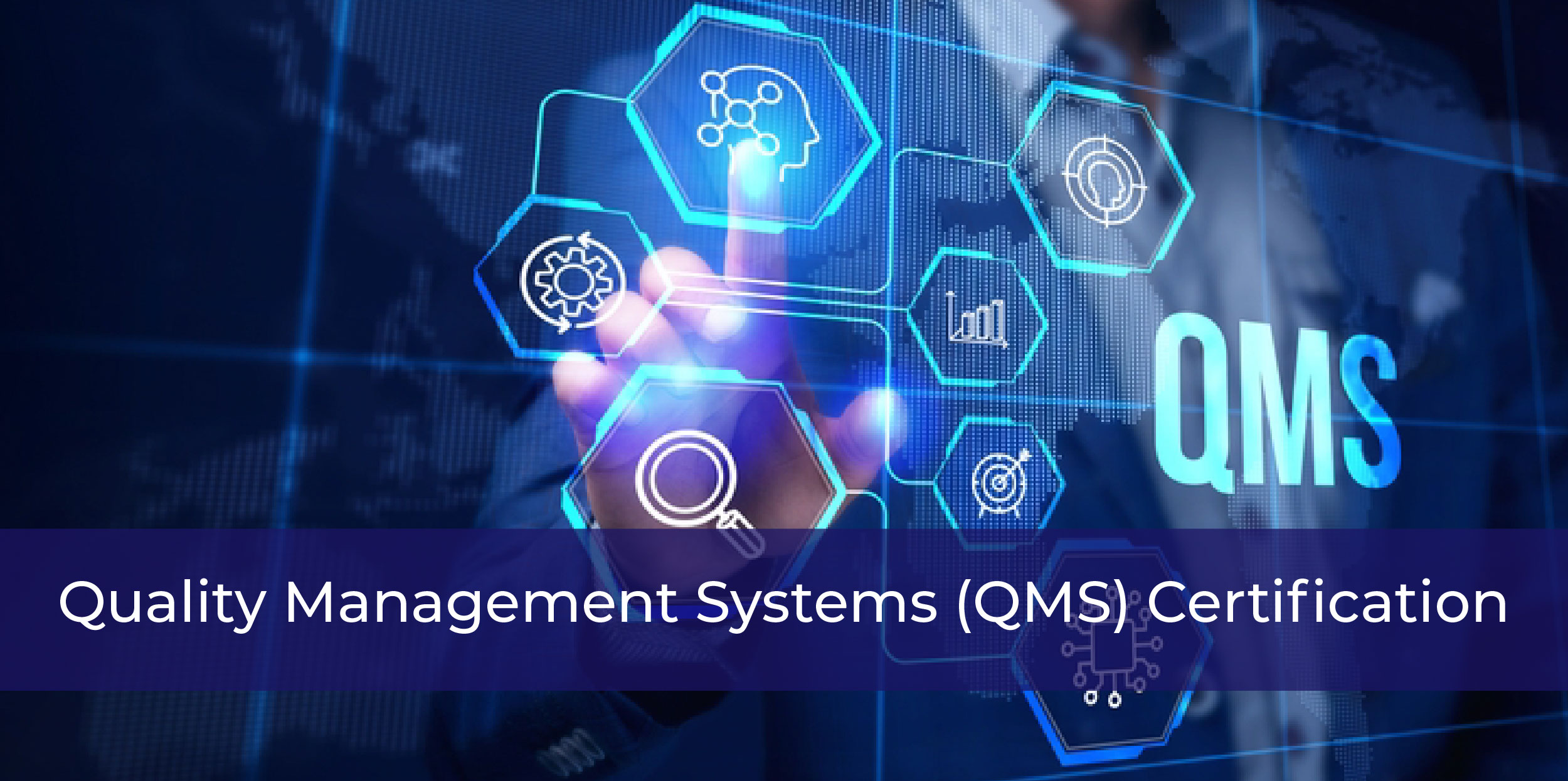Medical Device Quality Management System (QMS)
What is a Medical Device Quality Management System (QMS)?
A Medical Device Quality Management System (QMS) is an essential framework that ensures consistent quality in medical device manufacturing. This system is designed to identify, evaluate, and resolve quality-related issues in an organized manner. It encompasses various key aspects such as document control, risk management, process control, supplier management, and implementing corrective and preventive actions.
In the medical sector, an effective QMS plays a pivotal role in ensuring patient safety, minimizing defects, and improving the overall standard of healthcare products. Medical device manufacturers are often required to obtain QMS certification, which signifies their dedication to quality and adherence to regulatory standards like ISO 13485, FDA 21 CFR Part 820, European Medical Device Regulations (MDR), and CDSCO guidelines. By investing in a comprehensive QMS, medical device manufacturers enhance product quality and demonstrate their commitment to regulatory compliance and industry standards.
Looking for Medical Device QMS Consultant?
Why is a Medical Device Quality Management System Essential for Your Organization?
- Optimized Workflow: A robust QMS helps streamline and align all business operations to meet regulatory standards.
- Ongoing Efficiency Gains: With continuous monitoring and improvements, QMS ensures maximum operational efficiency and effectiveness.
- Regulatory Compliance: Keeps your processes in line with global regulations, including ISO 13485, FDA standards, and the European MDR.
- Accurate Documentation: Effective management and control of QMS documentation ensure consistent product quality and customer satisfaction.
- Risk Reduction: A solid QMS framework proactively identifies risks, implements preventive measures, and ensures safe, high-quality medical devices.
Key Regulations and Standards for Medical Device QMS:
- FDA’s Quality System Regulation (QSR) 21 CFR Part 820
- EU Medical Device Regulation (MDR) 2017/745
- Indian MDR 2017 (Medical Device Rule 2017)
- ISO 13485:2016
- Medical Device Single Audit Program (MDSAP)
- Country-specific regulations
How to Get QMS Certification for Medical Devices
Achieving QMS certification for medical devices is essential for ensuring compliance with global standards and regulatory requirements. Follow these steps to secure your certification:
- Identify Relevant Standards & Regulations: Understand the key requirements, such as FDA’s QSR, ISO 13485:2016, and EU MDR.
- Develop & Implement a QMS: Design a QMS that meets industry standards, ensuring quality control and risk management.
- Conduct Internal Audits: Regular audits help ensure your QMS is working efficiently and meeting required compliance.
- Engage a Third-Party Certification Body: A recognized third-party body will validate your QMS through an external audit.
- Address Non-Conformances: Correct any issues found during the audit and improve the system.
- Ensure Continuous Improvement: Periodically review and refine your QMS to maintain high-quality standards.
When and How Long to Implement a QMS for Medical Devices:
- QMS Requirement: Essential for medical devices sold or distributed in regulated markets.
- Implementation Time: Varies based on organizational size, system complexity, and existing quality controls.
- Typical Duration: May take several months to a year or more to fully implement.
- Key Goal: Ensuring compliance with QMS standards to guarantee safety, quality, and regulatory adherence.
Why Partner with Operon Strategist for Your Medical Device QMS Certification?
Operon Strategist offers expert consultancy for achieving Quality Management System (QMS) certification for medical devices. We simplify the entire process, providing tailored solutions such as:
- Comprehensive problem analysis and resolution
- Custom manufacturing plant layout designs
- Specialized QMS certification training
- Seamless regulatory approvals and audit support
With in-depth knowledge of US FDA, EU-notified bodies, and international QMS standards, we ensure your quality systems align with strict regulations. Our team has vast experience across various medical device sectors, including in vitro diagnostics, pharmaceuticals, and combination products. Let Operon Strategist handle your QMS certification to ensure compliance, efficiency, and smooth regulatory inspections.
Connect with us now to enhance your QMS and streamline certification!
Boost Your Medical Device Quality With Operon Strategist’s QMS Certification Services.
FAQs
These are the set of policies and procedures which enable organizations to identify, control and improve business processes which leads to improved business performance.
For medical devices, the Quality Management System is implemented according to ISO13485 standard.
QMS is important to build trust as a design or as manufacturing company.
1. It improves processes and increases efficiency.
2. It ensures the consistent quality of products and services.
3. It helps to build a reputation and it creates trust among the customers.

